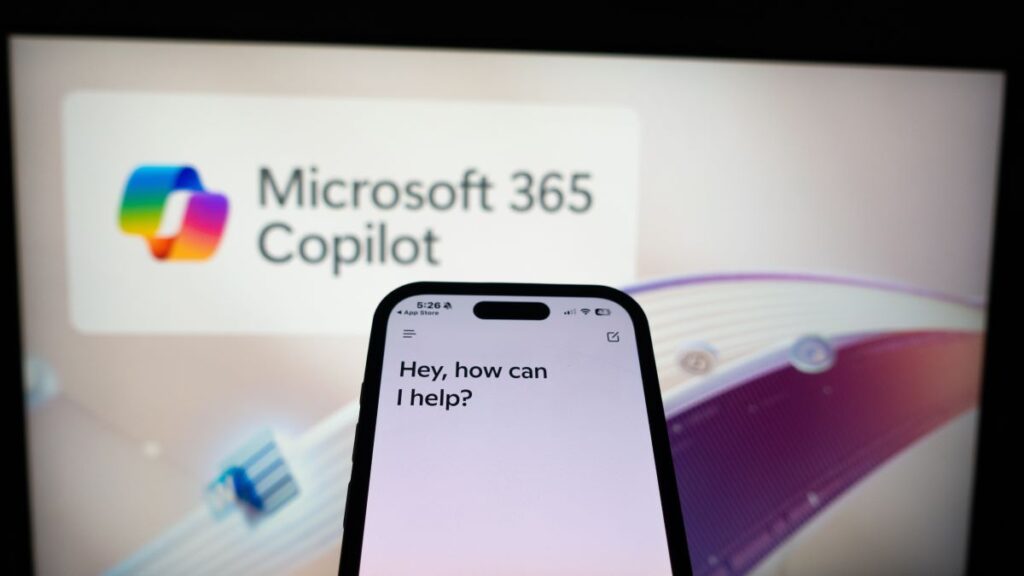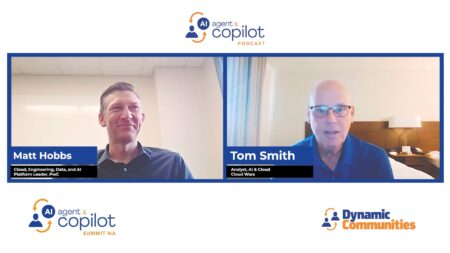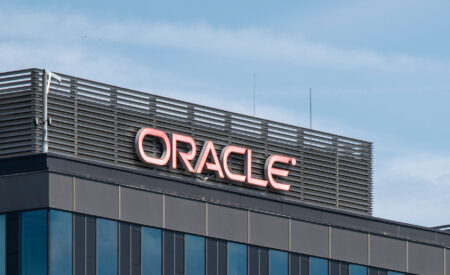
In a recent blog post, Charles Lamanna, Microsoft’s corporate vice president of business & industry Copilot, revealed a new capability, computer use, in Copilot Studio. While we are accustomed to the gradual release of announcements and improvements from the Microsoft Copilot team, it is essential not to become complacent, as you might miss something significant.
That’s absolutely true when it comes to computer use. The new feature is being introduced on the back of enhanced deep reasoning capabilities and the general availability of agent flows, which are new workflow automation features in Copilot Studio. However, I would argue that computer use has an even more significant impact than these features. Here’s why.
What is Computer Use, and Why Does it Matter?
“Today, we are excited to announce that computer use is coming to Copilot Studio through an early access research preview,” says Lamanna. “This new capability allows your Copilot Studio agents to treat websites and desktop applications as tools. With computer use, agents can now interact with any system that has a graphical user interface!”
This is major. While we have touched on the gradual development of AI that can act on behalf of users to operate software independently, a case in point is Microsoft’s research with the Magma model. That this technology is already reaching Copilot is outstanding.
Ultimately, computer use builds on this idea of active agentic AI, and, as Lamanna says, the feature will enable “agents to interact with websites and desktop apps by clicking buttons, selecting menus, and typing into fields on the screen.” This functionality eliminates the need for an API to connect different systems. Instead, the agent takes on the role of a human operator, utilizing the previously mentioned reasoning capabilities to navigate websites and apps smoothly, just as a human would.
Accessing computer use in Copilot Studio allows users to create agents that can automate actions in desktop and browser UIs, with compatibility for Edge, Chrome, and Firefox. Regarding use cases, Lamanna cites automated data entry, market research, and invoice processing.
He explains that computer use agents are ultimately an extension of robotic process automation (RPA) but with capabilities that enable them to overcome traditional boundaries “like the fragility of UI elements” and “complex dynamic interfaces.”

AI Agent & Copilot Summit is an AI-first event to define opportunities, impact, and outcomes with Microsoft Copilot and agents. Building on its 2025 success, the 2026 event takes place March 17-19 in San Diego. Get more details.
Closing Thoughts
Sometimes, it’s hard to keep up with the pace of transformation in this rapidly evolving sector. That said, developments generally follow a relatively linear trajectory, building on previous successes. However, in this competitive marketplace, that’s not always enough.
Recently, my colleague Bob Evans discussed the incredible ambition and vision of Google Cloud and the team behind Las Vegas’ Sphere as they transformed and optimized “The Wizard of Oz” for the world’s most impressive cinema screen. He likened it to the importance of CEOs dreaming big rather than merely updating products with newer versions of the same concept.
“While some companies try to turn extended tenures into a virtue, the value of market longevity is declining in today’s crazy global marketplace where what you’ve done in the past has value only in its ability to drive relentless innovation into the future,” says Evans.
What we’re observing here is significant and follows the path Evans alludes to. While perfecting the foundational technologies and capabilities that drive innovation in the agentic AI space — such as deep reasoning —is critical, it should serve primarily as a foundation. Microsoft is taking that foundation and using it to soar into the stratosphere, which is undoubtedly giving them a competitive edge in the copilot space.
Ask Cloud Wars AI Agent about this analysis










